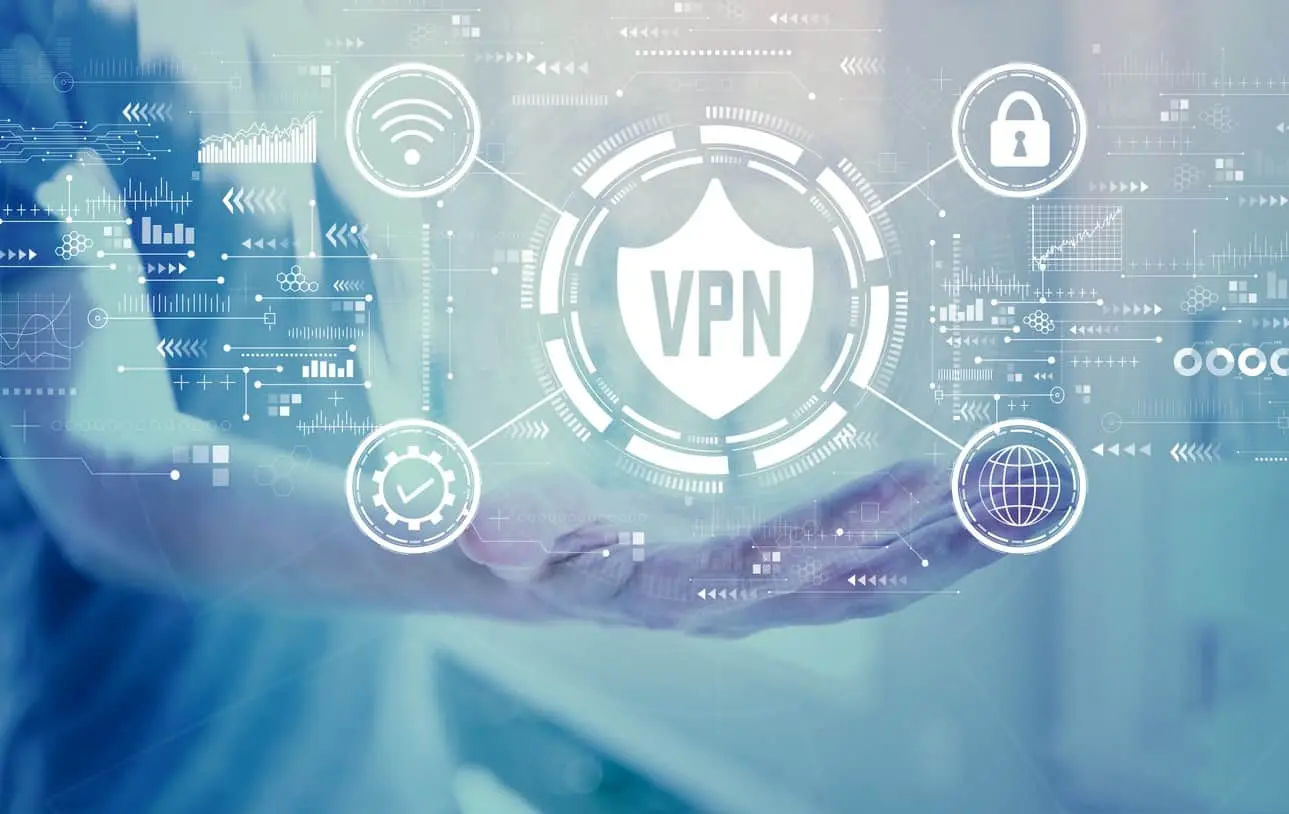Exploring the Horizon: The Latest Advancements in VPN Technology

In an era of high digital security concerns, VPN technology continues to evolve rapidly, offering more robust solutions to safeguard privacy and enhance online freedom. This article delves into the latest advancements in VPN technology, highlighting how these innovations can significantly benefit both individual users and businesses.
- The Evolution of VPN Technology
- Critical Trends in VPN Technology
- FAQs About the Latest VPN Technology
- Conclusion
The Evolution of VPN Technology

VPN technology has come a long way since its inception. Initially designed for securely connecting remote networks, today’s VPNs are comprehensive digital tools that enhance security, ensure privacy, and enable access to global content. Here’s what’s new in the realm of VPN technology:
- Enhanced Encryption Protocols
- Quantum Resistance: With quantum computing on the rise, the development of quantum-resistant VPNs is crucial to preempt future security threats.
- Improved Standard Protocols: Advancements in traditional protocols like OpenVPN and WireGuard® offer faster speeds and more reliable connections.
- Greater Integration and Versatility
- Widespread Device Compatibility: Modern VPNs support a broader range of devices, from smart TVs to IoT devices.
- Seamless Integration: VPN technology is now more seamlessly integrated into devices and operating systems, providing easier access and enhanced user experience.
- Advanced Privacy Features
- Split Tunneling: This feature allows users to choose which part of their traffic is routed through the VPN, optimizing speed and access without compromising security.
- RAM-only Servers: Ensuring that no data is permanently stored on the servers, enhancing privacy and security.
- Improved User Interface
- User-Friendly Apps: VPN providers have revamped their applications to offer intuitive interfaces, making it easier for everyone to manage their privacy settings.
- Multi-Hop Connections
- Layered Privacy: Multi-hop VPNs route your traffic through multiple servers across different countries, significantly increasing anonymity and reducing traceability.
Critical Trends in VPN Technology

The VPN industry is not just improving its current features but also pioneering some groundbreaking trends:
- AI and Machine Learning: Leveraging AI to optimize server selection, improve speeds, and enhance overall security.
- Blockchain-Based VPNs: Some services are exploring decentralized VPN solutions to enhance user privacy and control.
- Geo-Spoofing Advancements: More sophisticated geo-spoofing techniques are making VPNs even more effective at bypassing regional restrictions.
VPN Use Cases: Who Benefits the Most?
- Remote Workers: Secure access to corporate networks without the risk of data breaches.
- Travelers: Maintaining access to geo-restricted services and protection in unsecured Wi-Fi networks.
- Privacy Advocates: Enhanced tools and features to protect personal data from tracking and surveillance.
FAQs About the Latest VPN Technology
- What is a quantum-resistant VPN? A quantum-resistant VPN uses encryption that cannot be easily broken by quantum computers, which could crack current encryption algorithms.
- Can I use a VPN on any device? Most modern VPNs are designed to be compatible with a wide range of devices, including smartphones, tablets, laptops, and even routers.
- How does a multi-hop VPN increase security? By routing your traffic through multiple servers, it becomes significantly more challenging for anyone to trace your activities back to you.
- Are there any downsides to using advanced VPN features? While features like multi-hop can enhance security, they may also lead to slower connection speeds due to the increased encryption load.
5. What are the benefits of using AI in VPN technology?
- AI-driven Optimization: AI can help optimize VPN performance by selecting the fastest server based on current traffic and latency, enhancing user experience.
- Threat Detection: AI algorithms can analyze patterns to identify and respond to potential security threats in real time, ensuring a higher level of security.
6. How does blockchain technology improve VPN services?
- Decentralized Network: Blockchain technology enables the creation of a decentralized VPN network where a single entity does not control data routes. This enhances security and reduces the risk of data interception.
- Improved Transparency: Blockchain allows for more transparent operations, as users can verify the integrity of the network and the privacy policies of the VPN service.
7. Are there VPNs that provide ad-blocking features?
- Integrated Ad-blocking: Many advanced VPNs now come with integrated ad-blockers that not only block ads but also prevent trackers from collecting your browsing data, enhancing both performance and privacy.
8. What role does a kill switch play in modern VPNs?
- Security Enhancement: A kill switch is a critical feature in VPNs that automatically disconnects your device from the internet if the VPN connection drops unexpectedly. This prevents data leakage and maintains your privacy.
Conclusion
The latest advancements in VPN technology are setting new standards for digital security and privacy. With features like quantum-resistant encryption, AI optimizations, and user-friendly interfaces, VPNs are becoming indispensable tools in the digital age. Whether you’re a remote worker, a frequent traveler, or a privacy-conscious individual, staying updated with the latest in VPN technology will ensure you are always one step ahead in the digital realm.
As VPN technology continues to evolve, it is essential to keep abreast of these changes to fully leverage their potential in safeguarding your digital life. With these advancements, VPNs not only secure your data but also enhance your overall internet experience, making them more than just a tool but a critical part of your online interactions.






